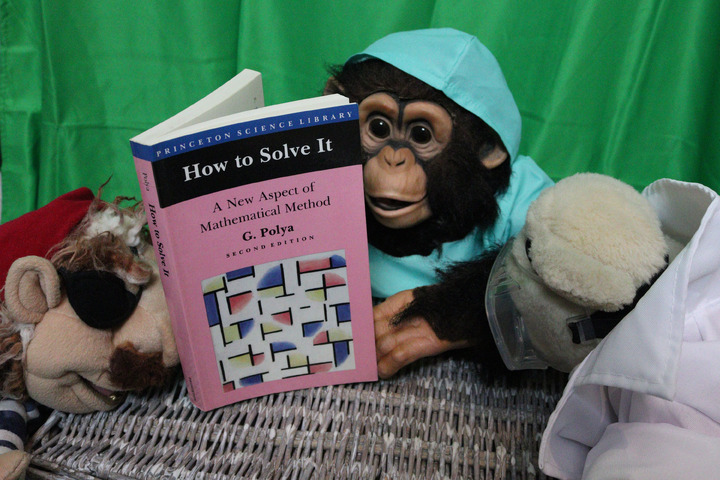Mission Driven Companies and What Lets a Company Live Long

Tech companies are recent. They also tend to die quickly. If you wanted your tech company to last awhile, how would you do it?
That’s one of those “selling yourself short” questions. If you wanted your company to last awhile, how would you do it? Tech companies don’t last long.
Let’s talk about what counts as “long” and why modern-style companies die much, much faster.
The oldest companies in the world have a few things in common, but the big one is being about their mission, most commonly supporting their family. Why? Well, companies constantly set short-term targets. You have to balance the short term against the long term, and companies are terrible at that. One trick to avoid that is to stop working for Q3 profitability and start working for your children and your grandchildren.
This is a scathing indictment of companies, if you want to do anything long-term.
In fact, even tech companies recognise this and try to work against it. That’s how obvious it is.





